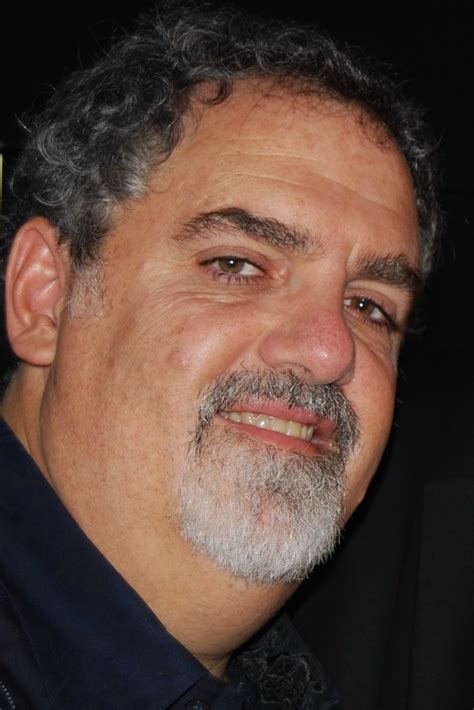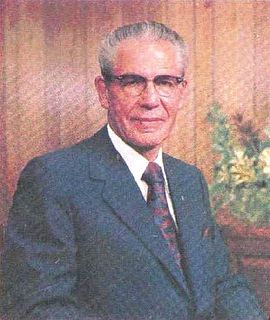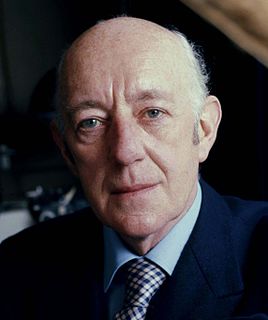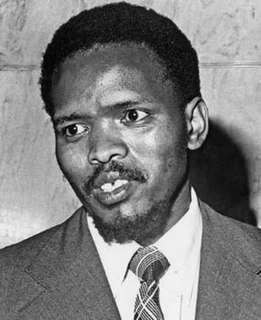A Quote by Jon Landau
There is a 'patrician arrogance' to James Taylor that accounts in part for his popularity while it at the same time explains the critical resistance to his work.
Related Quotes
Taylor was named after James Taylor and claims that she knows all the James Taylor songs, and I'm a huge fan of James Taylor and know all his songs, too. My dad told me that if I ever met Taylor Swift, I had to tell her that I know every James Taylor song. We started naming albums, and we were both shouting them out.
I observed that the successful farmer worked at his job. He would do his plowing, disking, harrowing, seeding, and harvesting in the proper season and at the proper time, while his neighbor was procrastinating, or off hunting and fishing while the work was still to be done. We must learn to set our priorities straight. No one can be successful in his line of work unless he works at it in the proper season and plays in the proper season.
A friend came to visit James Joyce one day and found the great man sprawled across his writing desk in a posture of utter despair. James, what’s wrong?' the friend asked. 'Is it the work?' Joyce indicated assent without even raising his head to look at his friend. Of course it was the work; isn’t it always? How many words did you get today?' the friend pursued. Joyce (still in despair, still sprawled facedown on his desk): 'Seven.' Seven? But James… that’s good, at least for you.' Yes,' Joyce said, finally looking up. 'I suppose it is… but I don’t know what order they go in!
At the time of his death, Biko had a wife and three children for which he left a letter that stated in one part: “I've devoted my life to see equality for blacks, and at the same time, I've denied the needs of my family. Please understand that I take these actions, not out of selfishness or arrogance, but to preserve a South Africa worth living in for blacks and whites.
Give us, O give us the man who sings at his work! Be his occupation what it may, he is equal to any of those who follow the same pursuit in silent sullenness. He will do more in the same time . . . he will do it better . . . he will persevere longer. One is scarcely sensible to fatigue while he marches to music. The very stars are said to make harmony as they revolve in their spheres.



































